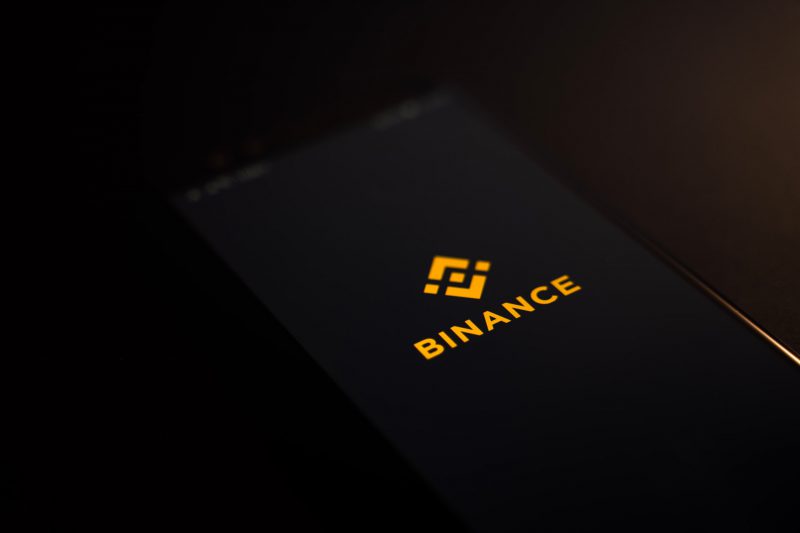Crypto exchange Binance is back under regulatory heat. According to reports, the company failed to comply with the 2018 US sanctions against Iran, and the platform continued to facilitate trading under the wraps for Iranians.
According to a Reuters report, the United States government levied financial sanctions against Iran as part of the country’s nuclear deal with eminent world powers. Following this, Binance declared suspension of services for Iranian traders, suggesting immediate liquidation. However, a recent investigation alleged that traders continued to use Binance’s platform until September 2021, which was when the company strengthened its anti-money laundering framework.
Asal Alizade, who is a trader in Tehran ascertained these allegations noting that she used Binance for nearly two whole years post the ban. She highlighted that “there were some alternatives, but none of them were as good as Binance”, further adding that “it didn’t need identity verification, so we all used it.”
Binance’s History Of Illicit Activities Out In Public Court
At press time, Binance is yet to respond to these allegations. Reuters published another investigative blog last month, claiming that the crypto exchange giant laundered about $2.35 billion in crypto hacks, investment frauds, and illegal drug sales. The report pointed out that for a period of 5 years, from 2017 to 2021 Binance enabled a series of illegal financial operations linked to the crypto industry.
Reuters further referred to the crypto researcher, Chainalysis’ investigation against these illicit fund flows to-and-fro Binance, concluding in a 2020 report, “Binance received criminal funds totaling $770 million in 2019 alone, more than any other crypto exchange”. Nevertheless, the company’s CEO Changpeng Zhao discredited the investigation by pinning it as “bad business etiquette” on Chainalysis’ behalf.
Additionally, Reuters asserted of reviewing Crystal Blockchain’s data on Binance’s client transaction details on “darknet” sites. This in turn highlighted that “from 2017 to 2022, buyers and sellers on the world’s largest darknet drugs market, a Russian-language site called Hydra, used the exchange to make and receive crypto payments worth $780 million”.
While the crypto market is raging with speculations of increased regulatory oversight for Binance, the exchange is maintaining a steady regulatory growth across the globe. The latest update saw the Philippines’ Department of Trade and Industry (DTI) skip the country’s central bank, Banko Sentral ng Pilipinas’ (BSP) proposal to ban Binance services in the Philippines.





